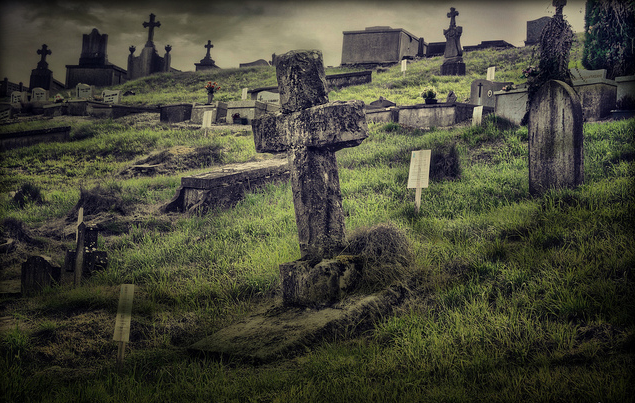Of the many interpretations of what could be Hamlet’s tragic flaw, there are only a few theories that I agree with. Those would be that Hamlet is afflicted with an inhuman cynicism, and that Hamlet is excessively concerned with death. He is cynical in the fact that he can only see the dark of the world, acknowledging that even the beautiful day and nature brought him no happiness.
As to him being excessively concerned with death, I have a slightly different view. I don’t think it’s that he’s concerned with death, and more that he is just constantly surrounded by death. When you experience the loss of a loved one, you become much more aware of your own mortality. It starts as a small realization that slowly starts to apply to all aspects of your life. Once he starts accepting that everyone will die, he starts to care less about taking those lives, and in a sense looses some of his own mortality and humanity.
The best way I can think to show examples of those two theories is Hamlet’s famous “To Be Or Not To Be” speech. In that he talks of how death is inevitable, and whether it is nobler to suffer through life or to take the easy way out leave this world. He shares his thoughts on how the world is composed of filth and suffering, of evil people and their selfish actions. Those thoughts reflect his cynical view of the world, while showing how he has been destroyed by the imminent arrival of death.
To Be Depressed or Move to Action, That Is The Question
NEXT: Hamlet’s Trust Issues

